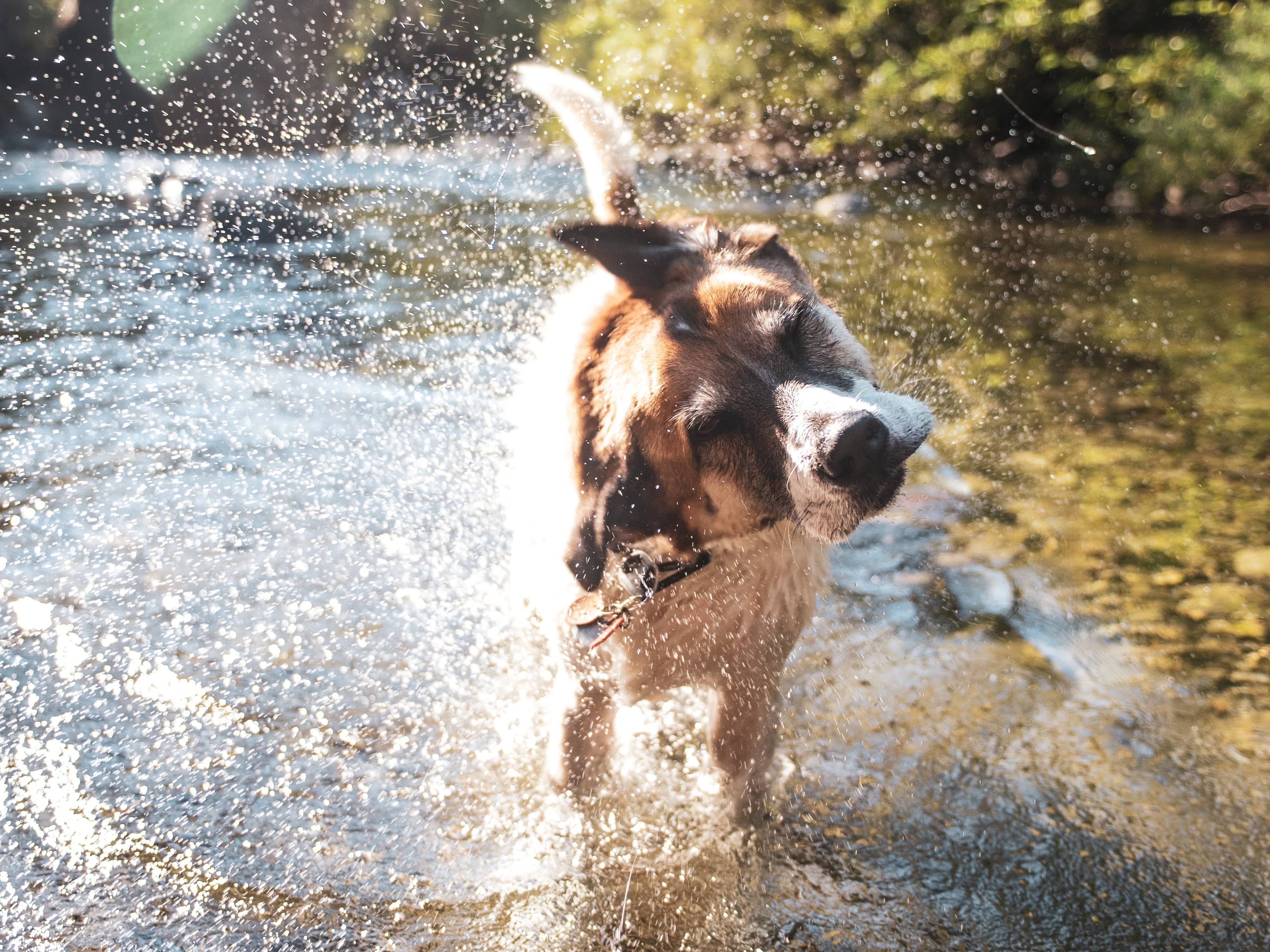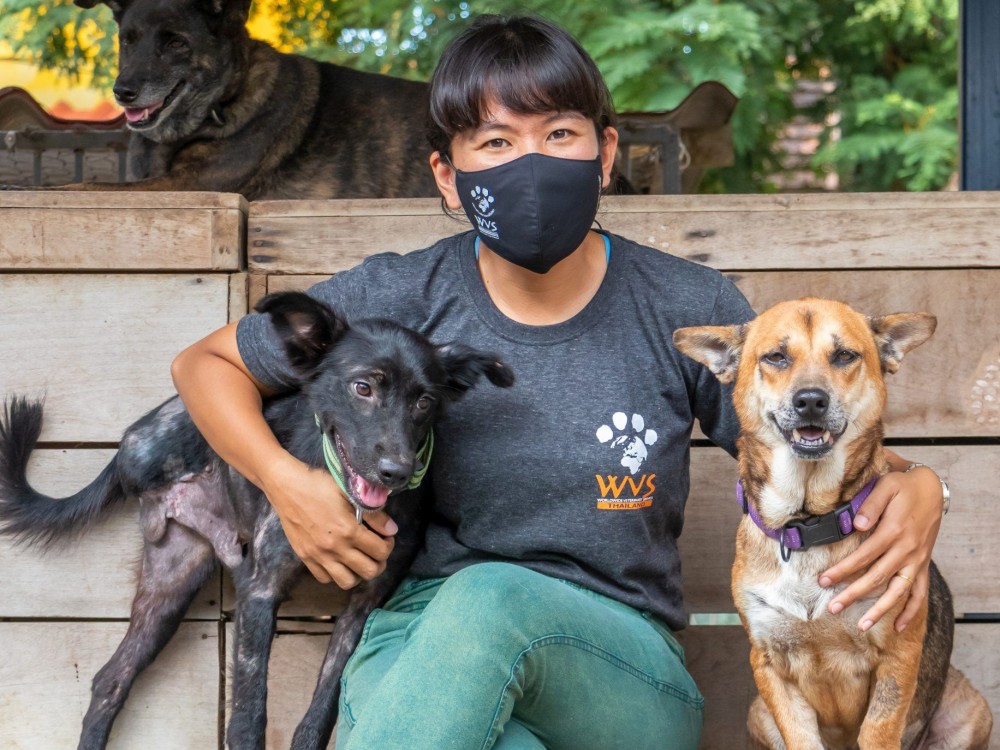With the hot weather of the summer months suddenly upon us, and the overwhelming desire to spend as much time in the outdoor sun, it is also a time to be cautiously considerate of how the weather can affect our animal companions. WVS Vet, Dr Ben Howitt, provides advice for keeping pets safe during a heatwave.
As the hot weather increases, our veterinarians prepare for an increase in caseload of animals arriving as emergencies suffering from heatstroke.
According to a study in 2016, 14.18% of dogs presented to an emergency vets with heat-related illness (HRI) were fatal, with 65% of the total cases occurring in the months of July and August.
The breed also has an important impact on the dogs ability to cope with heat, with brachycephalic breeds (e.g. pugs, bulldogs) being twice as likely to suffer heatstroke than all others.

Here we will share some important points to consider when you are with your pets during this hot weather:
Never leave your dog in the car during hot weather. Cars will rapidly amplify the ambient external temperature, especially when there is no ventilation or air circulation. Dogs do not have sufficient sweat glands and panting is their primary mechanism to remove heat from their body. Heat stroke can happen very quickly.
Ensure your pet always has access to shade and fresh drinking water.

Groom your pet regularly to reduce the excess fur that can trap the heat.
Avoid taking your dog out during the day and reserve a walk for the early morning or late afternoon. If you decide to keep your dog indoors to avoid the heat, ensure that it is in a well-ventilated room and not a conservatory.
Brachycephalic breeds (e.g. pugs and bulldogs) are more susceptible to overheating and should be kept in well-conditioned rooms as much as possible.
When taking your dog out for a walk when it is cooler, ensure that the asphalt/tarmac has cooled down. Dogs with burnt pads and paws are quite commonly seen at the vets during this time. They can be very painful for your dog and take a substantial time to heal.
If they have access to the garden, consider using a paddling pool, wet towels, a hose, or sprinklers to provide them with access to methods to cool themselves down.

Know the early symptoms of heat stroke:
Heavy panting
Excessive salivation
Wobbly, disoriented, or confused
Collapsed
If you are concerned that your dog may be affected by the heat or showing any of these signs, immediately call your veterinarian for advice. Heatstroke is considered an absolute emergency and no time should be wasted to take them to a Veterinary practice.
Hear More From Us
Read the latest news from our veterinary teams around the world, or subscribe to keep up-to-date with our projects, hear how your support is helping, and find out ways to get involved.
